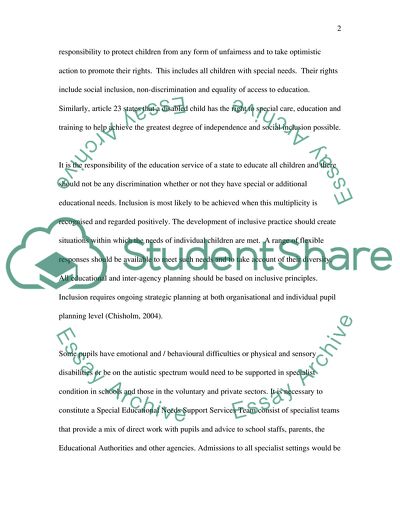Cite this document
(The Social Emotional and Behavioural Difficulties Essay, n.d.)
The Social Emotional and Behavioural Difficulties Essay. Retrieved from https://studentshare.org/psychology/1703793-an-assignment-which-critically-considers-the-use-of-one-named-approach-to-helping-pupils-experiencing-social-emotionalbehavioural-difficulties
The Social Emotional and Behavioural Difficulties Essay. Retrieved from https://studentshare.org/psychology/1703793-an-assignment-which-critically-considers-the-use-of-one-named-approach-to-helping-pupils-experiencing-social-emotionalbehavioural-difficulties
(The Social Emotional and Behavioural Difficulties Essay)
The Social Emotional and Behavioural Difficulties Essay. https://studentshare.org/psychology/1703793-an-assignment-which-critically-considers-the-use-of-one-named-approach-to-helping-pupils-experiencing-social-emotionalbehavioural-difficulties.
The Social Emotional and Behavioural Difficulties Essay. https://studentshare.org/psychology/1703793-an-assignment-which-critically-considers-the-use-of-one-named-approach-to-helping-pupils-experiencing-social-emotionalbehavioural-difficulties.
“The Social Emotional and Behavioural Difficulties Essay”, n.d. https://studentshare.org/psychology/1703793-an-assignment-which-critically-considers-the-use-of-one-named-approach-to-helping-pupils-experiencing-social-emotionalbehavioural-difficulties.


